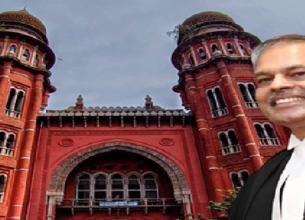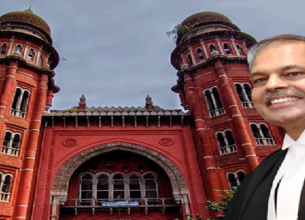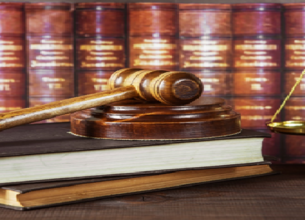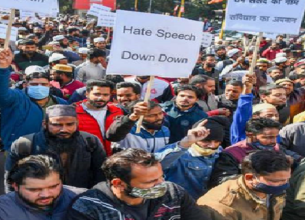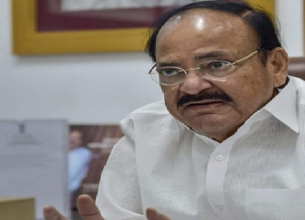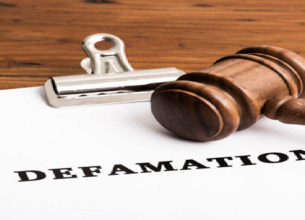JUDICIAL INDEPENDENCE
25, Feb 2020
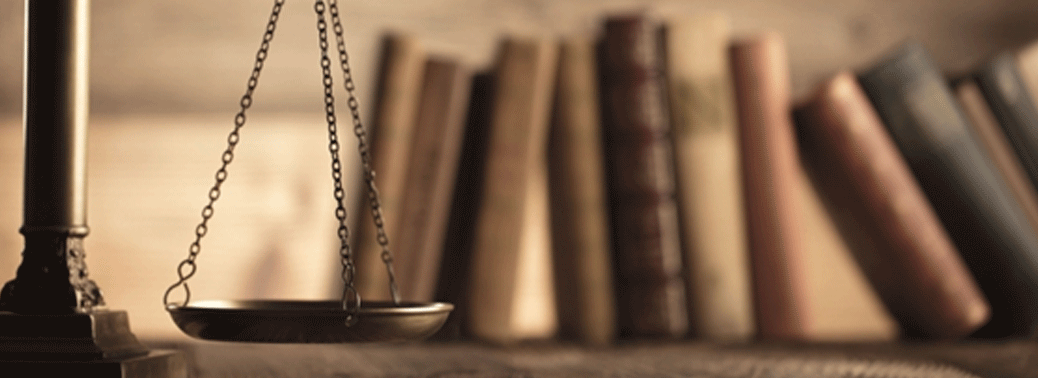
Prelims level : Judiciary
Mains level : GS-II Structure, organization and functioning of the Executive and the Judiciary Ministries and Departments of the Government; pressure groups and formal/informal associations and their role in the Polity.
Why in News?
- One of the Supreme Court Judge’s public praise of the Prime Minister at a public forum recently has raised serious questions about the independence of the judiciary.
What does Judicial Independence Mean?
- In a 1981 judgment, the Constitution Bench of the Supreme Court held that Judges should be stern stuff and tough fire, unbending before power, economic or political, and they must uphold the core principle of the rule of law which says: ‘Be you ever so high, the law is above you.
- This is the principle of independence of the judiciary which is vital for the establishment of real participatory democracy, maintenance of the rule of law as a dynamic concept and delivery of social justice to the vulnerable sections of the community.
- It is this principle of independence of the judiciary which we must keep in mind while interpreting the relevant provisions of the Constitution.”
What are the constitutional provisions that ensure Judicial Independence?
Security of Tenure:
- Once appointed, they continue to remain in office till they reach the age of retirement which is 65 years in the case of judges of Supreme Court (Art. 124(2)) and 62 years in the case of judges of the High Courts (Art. 217(1)).
- They cannot be removed from the office except by an order of the President and that too on the ground of proven misbehavior and incapacity.
- A resolution has also to be accepted to that effect by a majority of total membership of each House of Parliament and also by a majority of no less than two third of the members of the house present and voting.
- Procedure is so complicated that there has been no case of the removal of a Judge of Supreme Court or High Court under this provision.
Salaries and Allowances:
- The salaries and allowances of the judges is also a factor which makes the judges independent as their salaries and allowances are fixed and are not subject to a vote of the legislature.
- They are charged on the Consolidated Fund of India in case of Supreme Court judges and the Consolidated Fund of state in the case of High Court judges.
- Their emoluments cannot be altered to their disadvantage (Art. 125(2)) except in the event of grave financial emergency.
Powers and Jurisdiction of Supreme Court:
- Parliament can only add to the powers and jurisdiction of the Supreme Court but cannot curtail them. In the civil cases, Parliament may change the pecuniary limit for the appeals to the Supreme Court.
- Parliament may enhance the appellate jurisdiction of the Supreme Court.
- It may confer the supplementary powers on the Supreme Court to enable it work more effectively.
- It may confer power to issue directions, orders or writs for any purpose other than those mentioned in Art. 32. Powers of the Supreme Court cannot be taken away.
Making Judiciary Independent:
- No discussion on conduct of Judge in State Legislature / Parliament: Art. 211 provide that there shall be no discussion in the legislature of the state with respect to the conduct of any judge of Supreme Court or of a High Court in the discharge of his duties.
- A similar provision is made in Art. 121 which lay down that no discussion shall take place in Parliament with respect to the conduct of the judge of Supreme Court or High Court in the discharge of his duties except upon a motion for presenting an address to the President praying for the removal of the judge.
Power to Punish for Contempt:
- Both the Supreme Court and the High Court have the power to punish any person for their contempt.
- 129 provide that the Supreme Court shall have the power to punish for contempt of itself. Likewise, Art. 215 lays down that every High Court shall have the power to punish for contempt of itself.
Separation of the Judiciary from the Executive:
- Article 50 contains one of the Directive Principles of State Policy and lies down that the state shall take steps to separate the judiciary from the executive in the public services of the state.
- The object behind the Directive Principle is to secure the independence of the judiciary from the executive.
- 50 says that there shall be a separate judicial service free from executive control.
Why Judicial Independence is needed?
- The judicial independence ensures public confidence as an institute of the last resort where justice will be served despite any opposition and Influence.
- People place high credibility and trust in the judiciary to get justice in case of any kind of misconduct by the executive.
- The latter clause and confidence will be meaningless if executive interference is allowed into the process of judicial proceedings as well as judicial bias over the executive.



